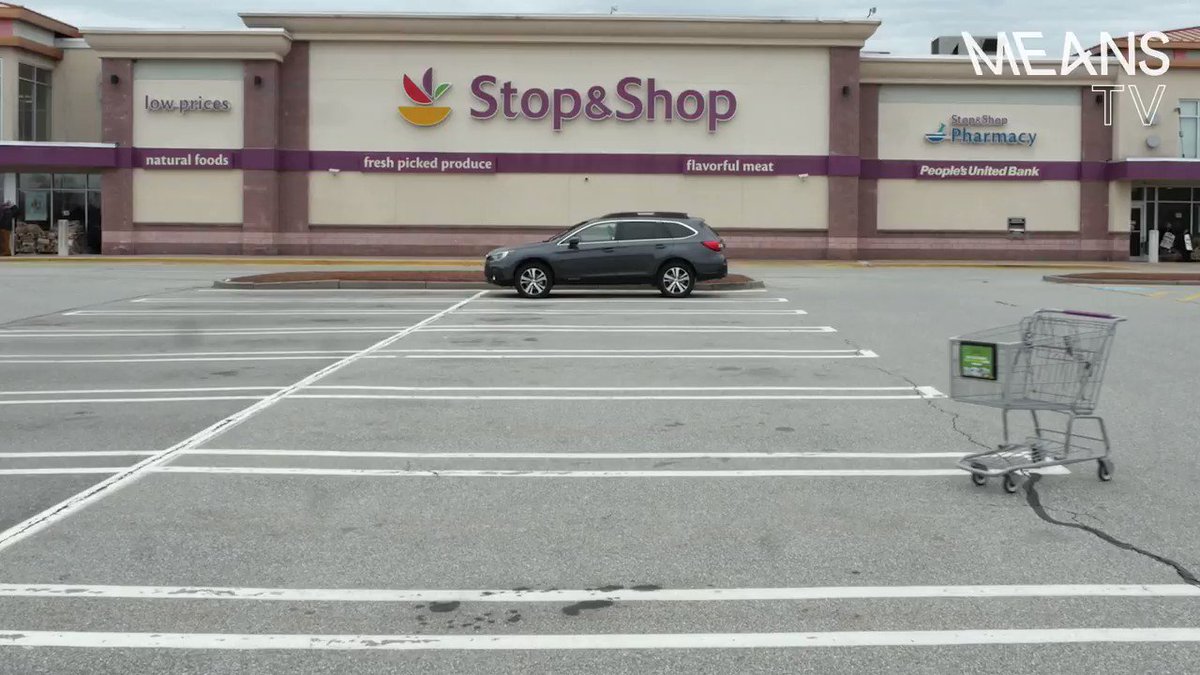

Donald Borenstein
Writer/Filmmaker
Brooklyn, NY
Filmmaker, Writer, Journalist. Experienced in documentary work, environmental journalism, copywriting/editing, and being terminally online.
Donald Borenstein
Writer/Filmmaker
Brooklyn, NY
Filmmaker, Writer, Journalist. Experienced in documentary work, environmental journalism, copywriting/editing, and being terminally online.






